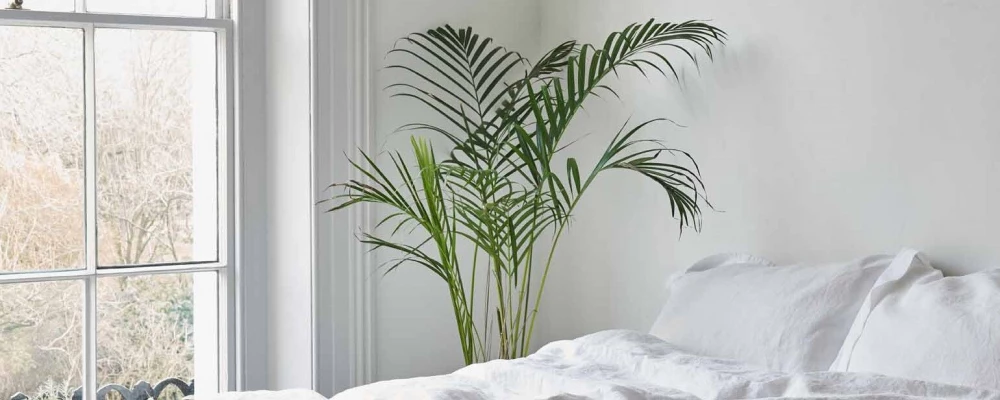
In Conversation With: Kate Anderson, Ecosophy
Ecosophy is a sustainable homeware brand with a focus on bedding, towels and other textile products, and is one of a growing number of brands on the market that are fortunately providing us with homewares made from sustainably-sourced fibres and ethically produced.
With the creation of our Masterclass on Launching A Sustainable Textiles Homewares Label, we wanted to discover how Ecosophy approaches and works with natural fibres and artisanal techniques to build their beautiful range of sustainable homewares and soft furnishings.
What is the Ecosophy mission?
Ecosophy's mission is to show how home decor can create both beautiful homes and a more beautiful world. We do this through selling textiles, such as bed linen and towels, that have been produced ethically and sustainably, and by highlighting the work of producers who represent the highest standards in the industry.
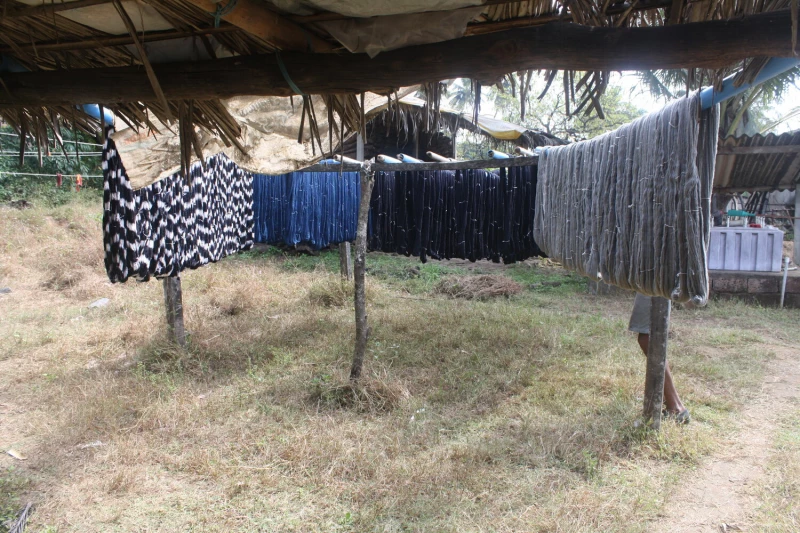
Working with artisans: technique or design first, how do you approach the relationship?
It's a bit of both. When I first started out, I was more focused on how I could use the techniques of a particular artisan group to create designs that would sell. However, that led to me compromising a bit on designs and creating some collections that took a really long time to sell.
These days, I take more of a balanced approach. I think about which designs would be popular with my customers and which producers in my network could make them. I also think about what products I could make using the artisans' techniques. Like many social enterprises, I am always thinking about how to serve not only customers, but also producers and the environment. It can be challenging, but it's wonderful when a product brings benefits to all three.
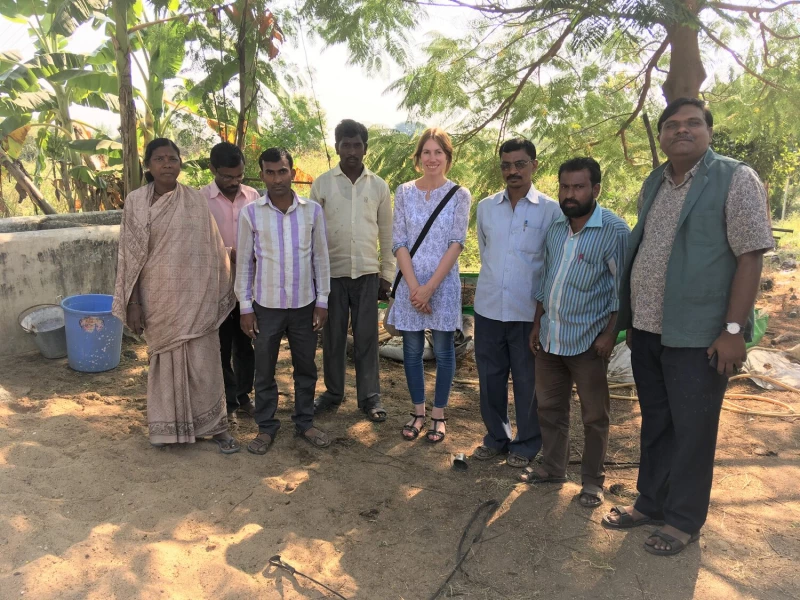
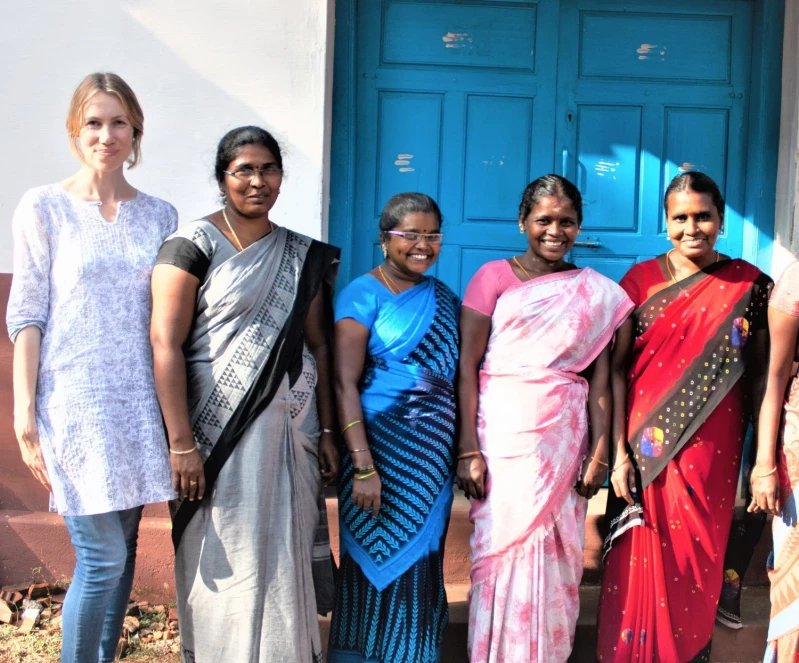
Images: Founder Kate Anderson with Ghandian NGO India and with the women who weave the organic cotton towels
What are the benefits of natural materials for homewares and soft furnishings?
Natural materials have a visual and tactile depth that is lacking in synthetic materials. Humans have evolved among natural materials and I think research has shown that our brains relax more when surrounded by them. This is particularly the case with natural materials that are either undyed or dyed with natural pigments. As our homes are places where we (increasingly) spend a lot of time, it's good for our mental health to be surrounded by natural materials. It's also good for our physical health, as natural materials do not contain toxic chemicals, unlike some synthetic materials. This is particularly important with textiles, as synthetic textiles can shed microfibres that are damaging to our health and the environment.
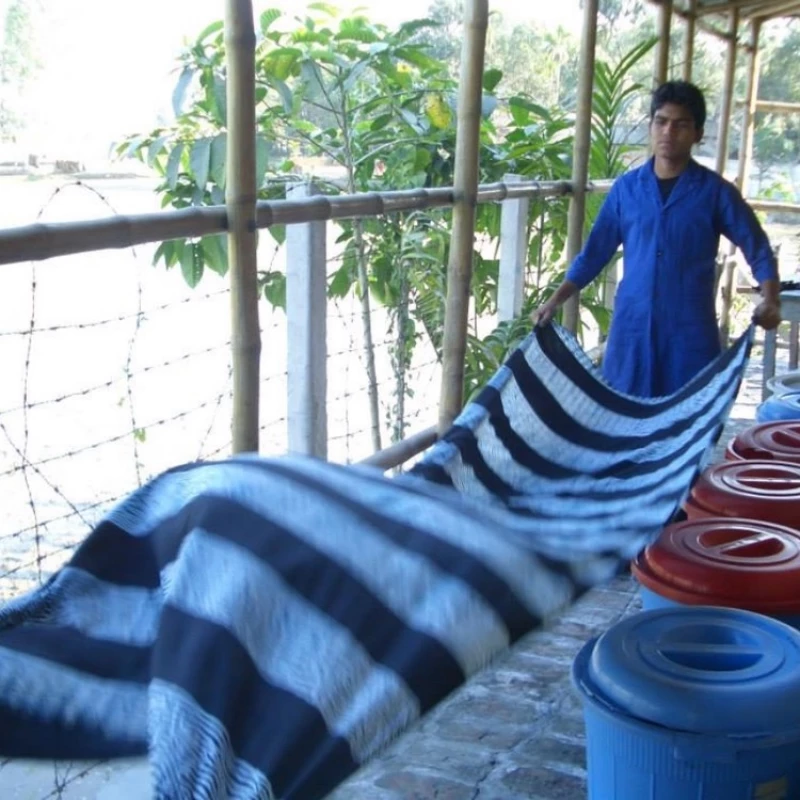

Do you have any guidance on tests and regulations required for home and interior products?
I'm not an expert on this, but my understanding is that for home textiles that are not upholstery and do not contain any filling, such as bed linen, towels and scatter cushion covers, the brand selling them does not need to carry out any tests. I think some fire safety tests may be required for upholstery and any item that has filling material, but Ecosophy doesn't sell those, so I'm not entirely sure about this.
In regard to regulations, the main one for the textiles Ecosophy sells is that they need a label attached to them stating the fibre composition. There are also some chemical dyes and treatments that are banned in the UK under the REACH regulation, the main one being azo dyes.
In my experience, most producers are aware of these regulations and it is not difficult to find producers that comply with them.
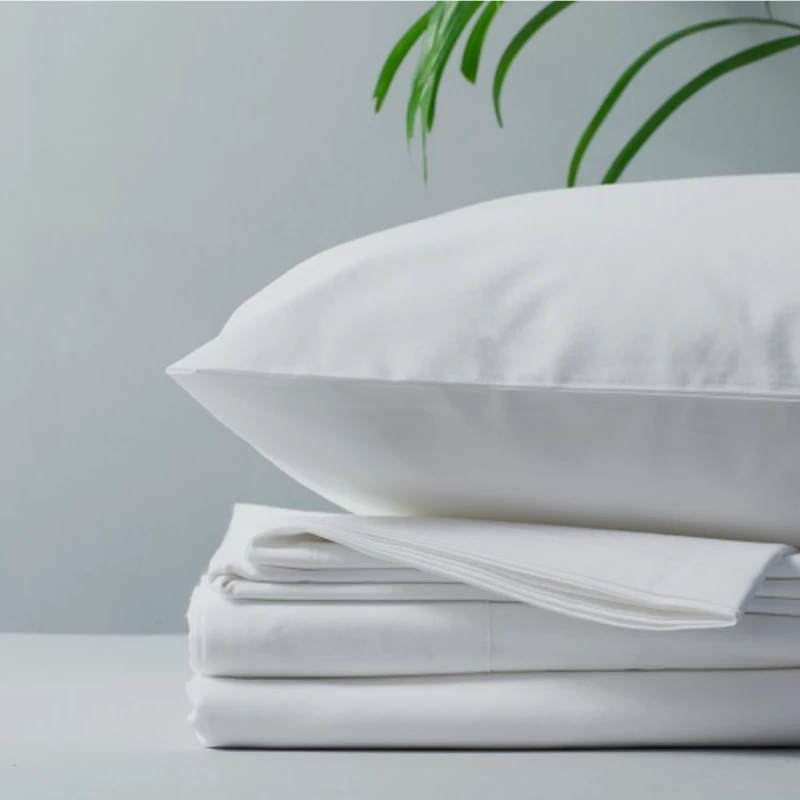
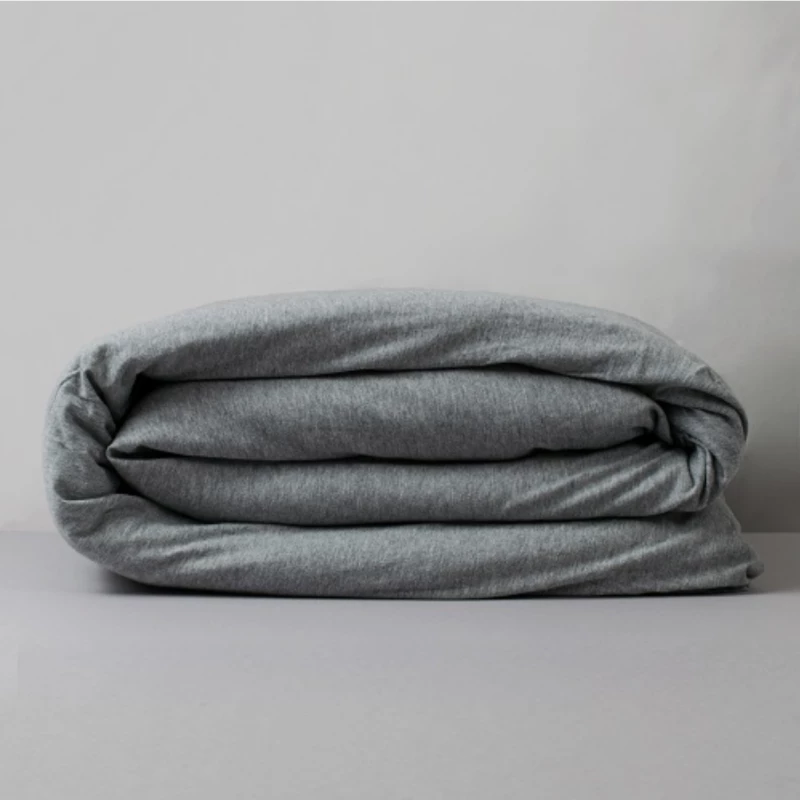
How do you develop your range and market your products?
As mentioned above, product development is about marrying design ideas with producer techniques. Once this is done, I market the products through high-quality photos on Ecosophy's website. I try to attract customers to Ecosophy's site through the usual channels of social media, advertising and organic search listings. Advertising is very expensive, so I tend to focus more on the other channels.
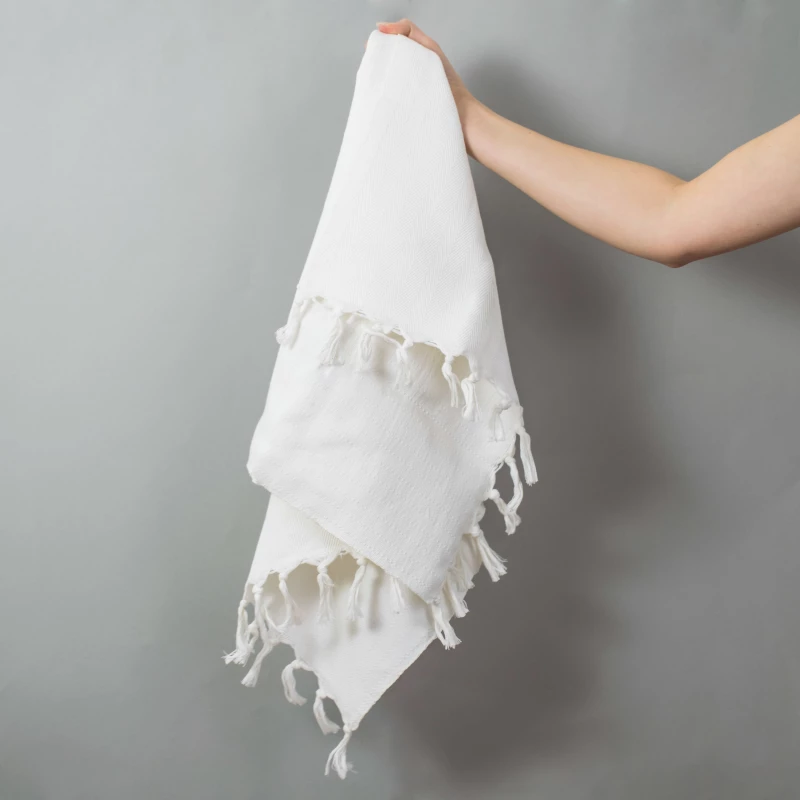
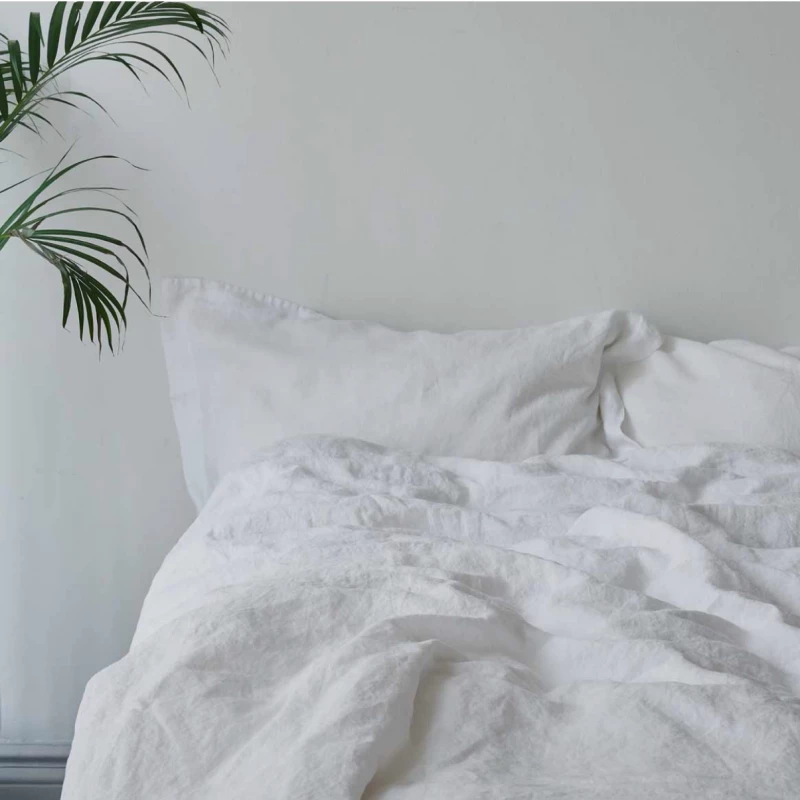
You are very transparent when it comes to your producers: why, and what stories would you like to share?
I try to be as transparent as possible about Ecosophy's producers. There is a page on the website that lists the producers and gives a description of each. In most cases, I include the name, which means that customers can research the producer if they are so inclined!
After years of research and many visits to South Asia, I have a network of amazing producers who are very committed to producing ethically and sustainably. The artisanal producers are particularly impressive and I'd love to see more brands working with them. A few that I'd like to highlight are Living Blue (aka Nijera Village and Cottage Industries) in Bangladesh, who produce amazing shibori textiles in natural indigo, BioDye in India, who produce natural dyes, and the handloom weavers Women Weave and Aavran in India.
There is also an amazing Ghandian NGO in India called Magan Sangrahalaya Samiti, which supports local cotton farmers through small-scale technology, information about organic techniques, and a local value chain in the form of spinning and weaving facilities. All of these organisations are using textile production to improve their local environment and create sustainable livelihoods.
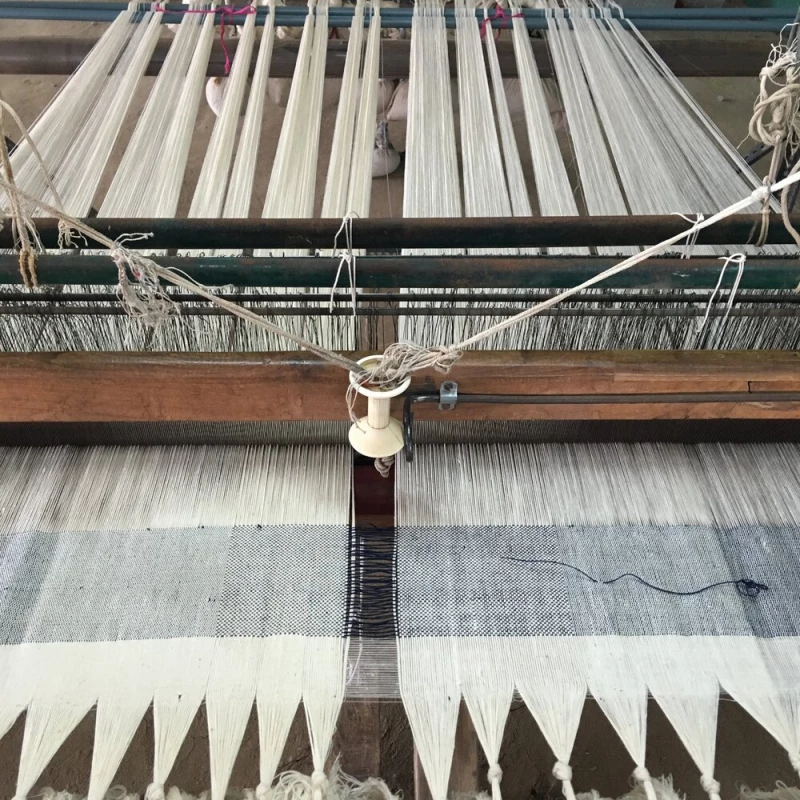
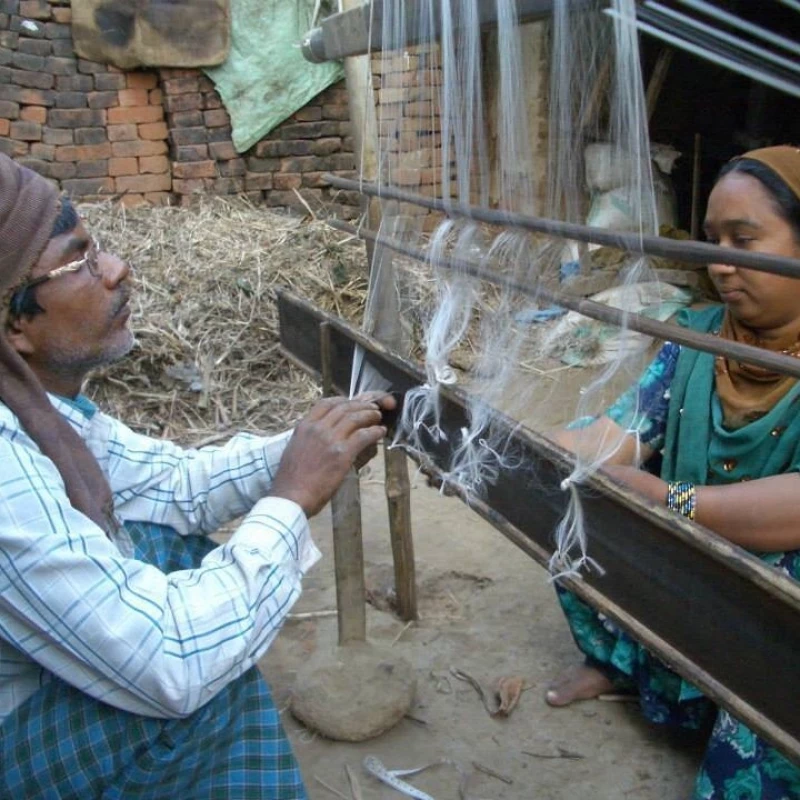
Images: Handloom weavers and silk weavers
Find Ecopsophy and support their products:
Website: www.ecosophy.co.uk
Instagram: https://www.instagram.com/ecosophyhome/@ecosophyhome
Ecosophy was founded by Kate Anderson, who has an academic background in anthropology and sustainable development, and a life-long love of interior design. Inspired by her studies of artistic traditions around the world, which often use decoration as a tool for expressing relationships to society and the cosmos, Kate decided to explore how decor could be used to create positive connections between our homes and the wider world. To do so, she set off on a journey through South Asia, where she visited farmers and artisans who were pioneering sustainable forms of textile production. Partnerships with these groups soon followed and Ecosophy was officially born.
To learn more about launching your own sustainable textiles homewares label, head to our full Masterclass here. Join for free, and upgrade to Professional Membership for full access.
